Myanmar leaders could be charged with genocide in court: UN rights chief
The UN human rights chief says those behind the horrific crimes against Rohingya Muslims should be brought to justice, adding he doesn’t rule out the possibility that Myanmar’s leader and military face genocide charges in court in the future.
“Given the scale of the military operation, clearly these would have to be decisions taken at a high level,” UN High Commissioner for Human Rights Zeid Ra’ad al-Hussein said in an interview with the BBC, which will be aired later on Monday.
Backed by Myanmar’s government and Buddhist majority, the military launched yet another heavy-handed crackdown against the Muslim minority in Rakhine State on August 25, using a number of armed attacks on military posts as the pretext.
Over that past three months, government troops, apart from raping, have been committing killings, making arbitrary arrests, and carrying out mass arson attacks to destroy houses in predominantly-Rohingya villages in Rakhine.
Only in its first month, the clampdown, called by the UN and prominent rights group an “ethnic cleansing campaign,” killed some 6,700 Rohingya Muslims, including more than 700 children, according to Doctors Without Borders.

Almost 870,000 Rohingya Muslims have so far been forced to flee to Bangladesh. About 660,000 of them only arrived after August 25.
Ra’ad al-Hussein further described the Myanmar military’s attacks against the Rohingya Muslims as “well thought out and planned,” saying he had asked the country’s de facto leader, Aung San Suu Kyi, on the phone to stop the military operations there well before the fresh outbreak of violence in January, but to no avail.
“The elements suggest you cannot rule out the possibility that acts of genocide have been committed,” Zeid added.
Genocide is known as the “crime of crimes.” The United Nations defines the term as acts committed with intent to destroy a particular group under a convention signed decades ago.
“It’s very hard to establish because the thresholds are high,” the UN official said. “For obvious reasons, if you’re planning to commit genocide you don’t commit it to paper and you don’t provide instructions.”
“But it wouldn’t surprise me in the future if the court were to make such a finding on the basis of what we see,” the senior UN official added.
Zeid had already called the campaign against the Rohingya “a textbook example of ethnic cleansing,” and asked rhetorically if anyone could rule out “elements of genocide.”

The Myanmarese government, however, denies committing atrocities against the Rohingya people and has even rejected UN criticism for its “politicization and partiality.”
With the Myanmar government’s “flippant” response to the serious concerns raised by the world community, Zeid added, he was worried the crisis unfolding in Rakhine “could just be the opening phases of something much worse.”
The UN official further slammed Suu Kyi for failing to use the term “Rohingya” in reference to the country’s minority Muslims, who are viewed as immigrants from Bangladesh and denied citizenship.
“To strip their name from them is dehumanizing to the point where you begin to believe that anything is possible,” he said.
Zeid also said he believed Myanmar’s military was emboldened by the international community’s failure to take action against an earlier wave of violence in Rakhine back in 2016.
“I suppose that they then drew a conclusion that they could continue without fear,” he said.
Myanmar still burning Rohingya homes
In a new report on Monday, Human Rights Watch (HRW) said Myanmar’s military forces continue to burn down Rohingya homes in several villages in Rakhine despite the deal it signed last month with Bangladesh on securing the repatriation of Muslim refugees.

The rights group said satellite images show buildings in 40 villages were destroyed in October and November, bringing the number of Rohingya villages that had been partially or completely razed to 354 since last August.
The army’s “destruction of Rohingya villages within days of signing a refugee repatriation agreement with Bangladesh shows that commitments to safe returns were just a public relations stunt," said Brad Adams, HRW’s Asia director.
Under increasing pressure by the international community, Suu Kyi signed the agreement with Bangladesh in late November to start the repatriation of Rohingya Muslim refugees within two months.
Deputy Director of HRW's Asia division, Phil Robertson, however, said it was difficult to believe this could be carried out responsibly.
“Myanmar is playing the most cynical of games, with Aung San Suu Kyi and her team signing a refugee repatriation deal that contains no real guarantees of protection to returnees, while on the ground the security forces continue their campaign of torching the villages the Rohingya want to return to,” AFP quoted him as saying.
#IR47: Iran’s tourism boom since 1979 Islamic Revolution, driving economy, generating jobs
Palestinian activist in ICE detention 'missing' after medical emergency
Any enemy miscalculation will be met with ‘unprecedented’ response: Iran army chief
VIDEO | Press TV's news headlines
Hamas urges mediators to curb Israel’s violations of Gaza ceasefire
Islamic Revolution anniv. rallies to span 1,400 cities, draw 7,700 media personnel: Official
Palestinian journalist and Press TV contributor briefly arrested by UK police
Iran advises US to act independently of ‘destructive’ Israeli influence amid nuclear talks in Oman


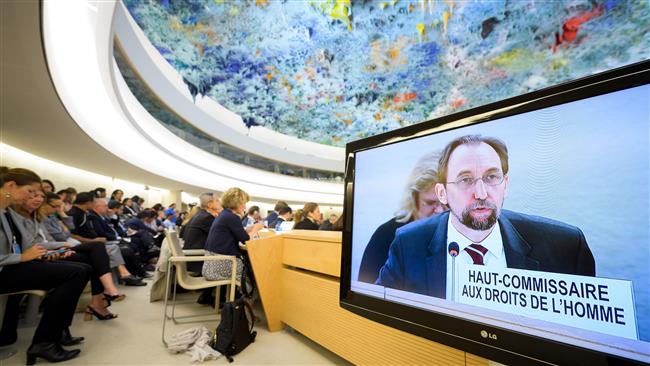
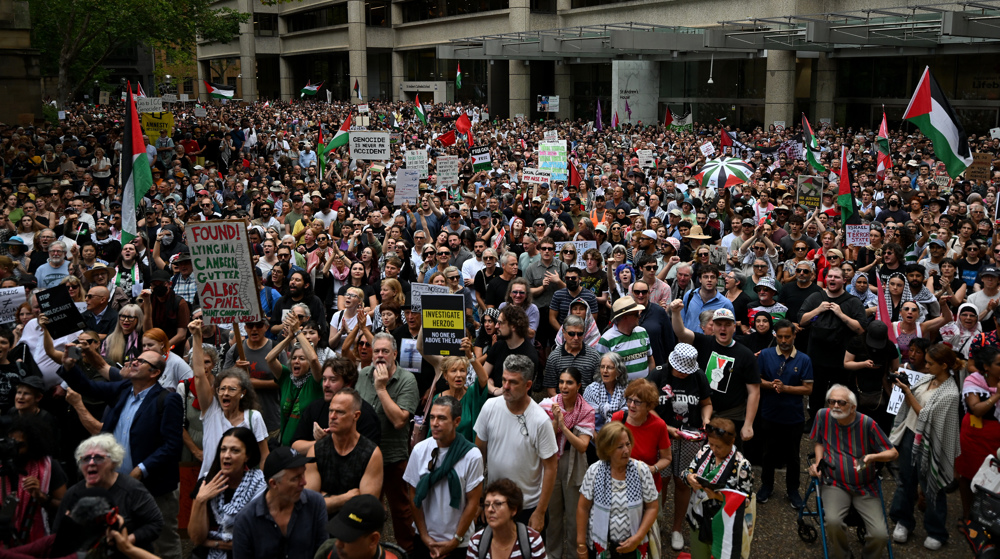
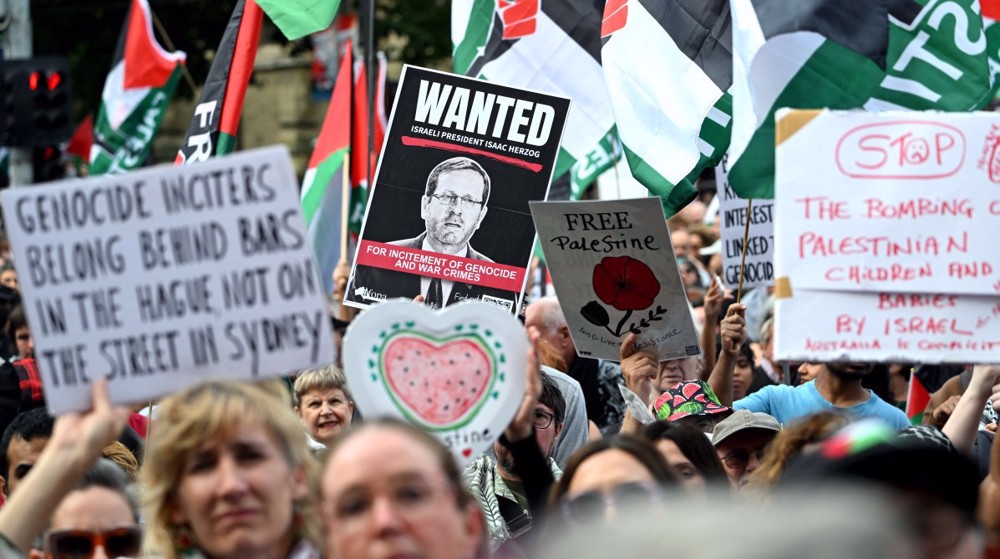
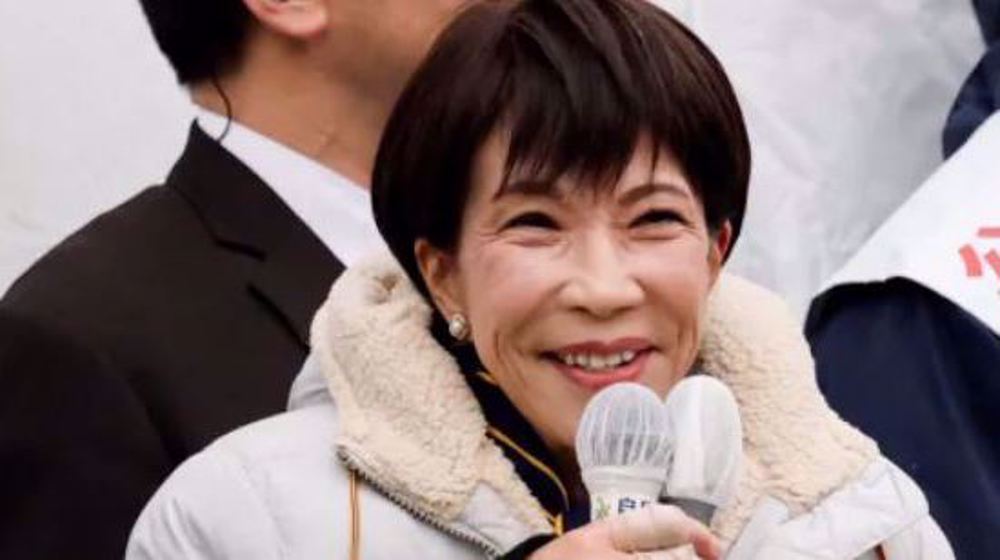



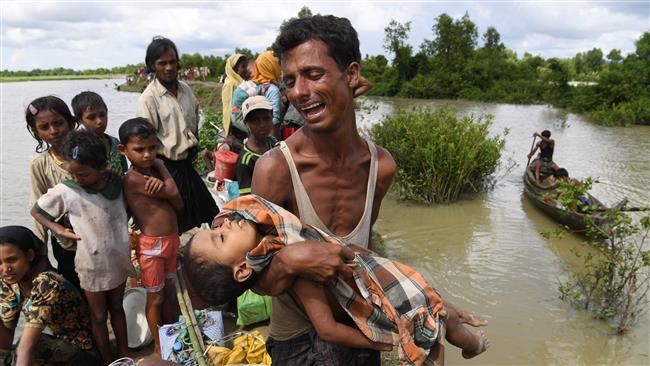
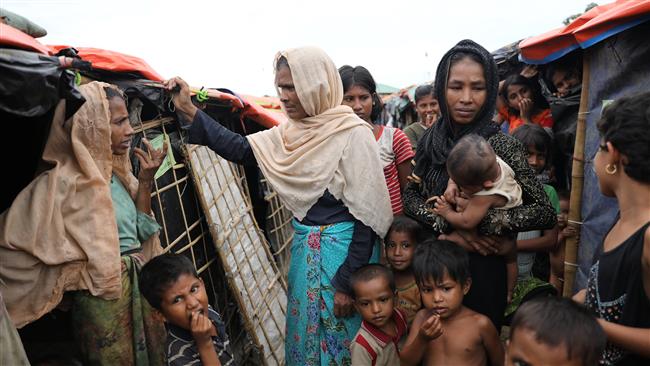
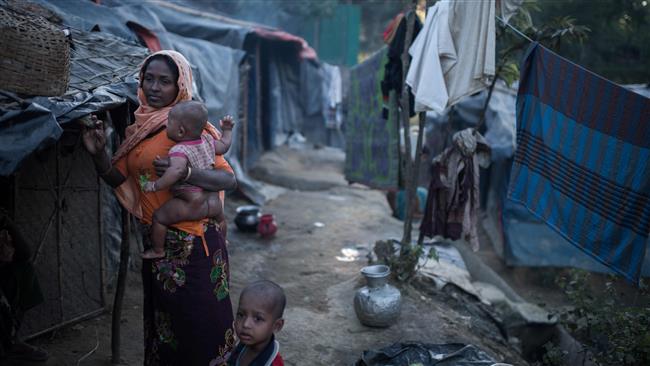

 This makes it easy to access the Press TV website
This makes it easy to access the Press TV website